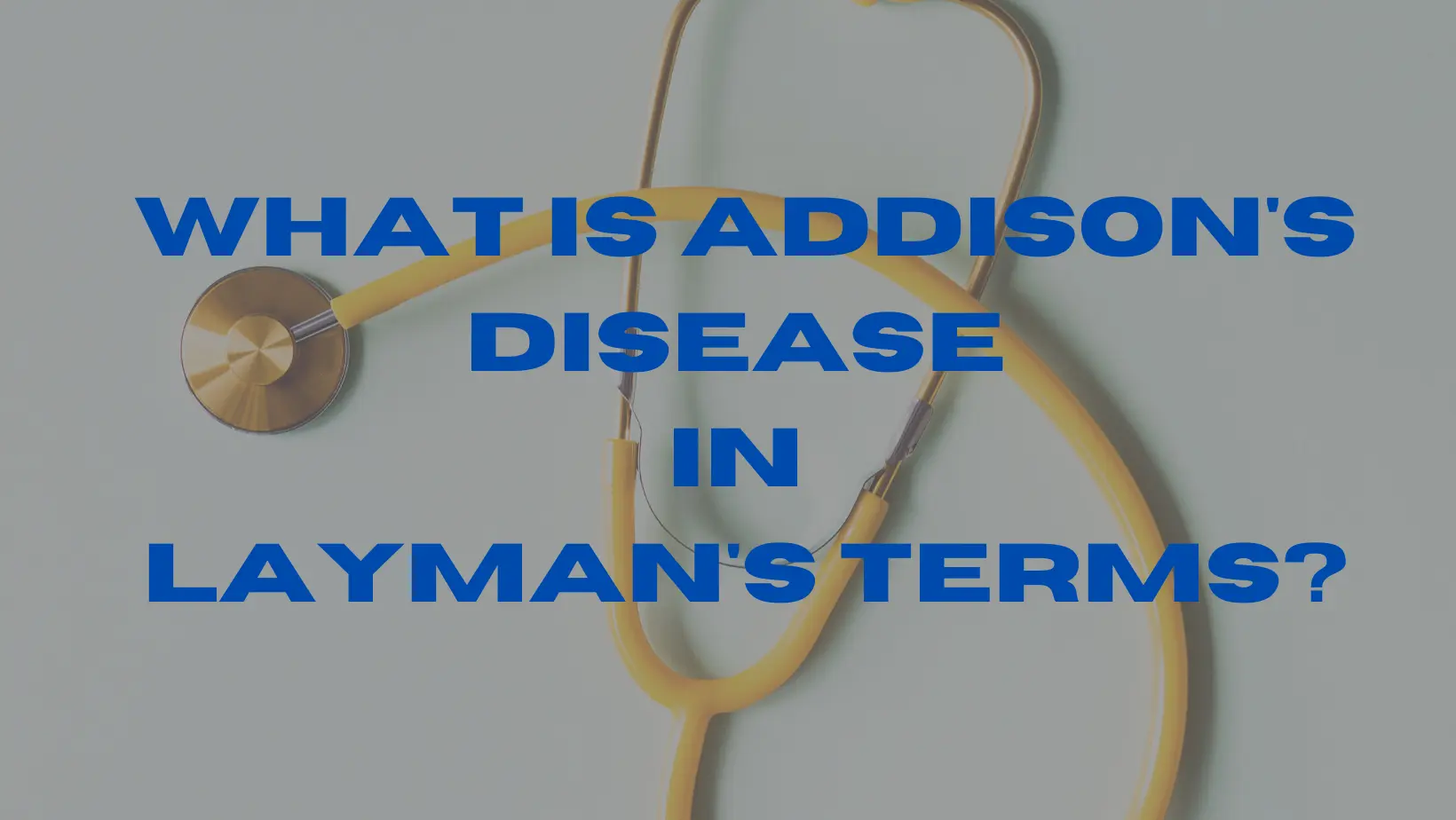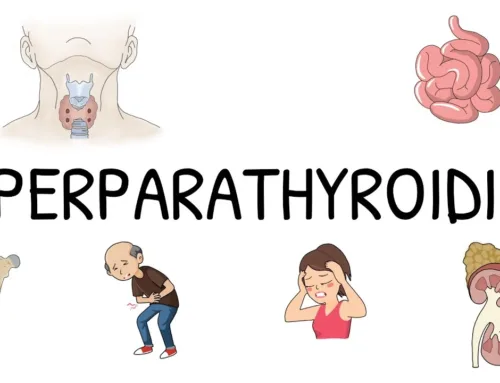Addison’s disease is a rare condition that affects the adrenal glands. It is also called primary adrenocortical insufficiency or hypoadrenocorticism. The adrenal gland sits on top of each kidney and releases hormones that affect many body functions, including stress response and digestion. This article explains Addison’s disease, how it affects the body, and the treatment options available for this serious condition.

Definition of Addison’s Disease
Addison’s disease is a rare disorder that affects the adrenal glands found on top of each kidney. The adrenal glands produce hormones that help control how your body responds to stress and physical activity.
People with Addison’s disease may have low levels of sodium (salt), potassium, and other electrolytes in their blood because they don’t produce enough cortisol or aldosterone – two important hormones the adrenal glands make. This can cause symptoms such as weakness, fatigue, weight loss, and vomiting after eating meals high in salt or protein; nausea during exercise; low blood pressure; muscle weakness; slow growth in children who need extra calories for growth due to an underactive thyroid gland (hypothyroidism).
Symptoms of Addison’s Disease
- Fatigue
- Nausea
- Vomiting
- Weight loss
- Low blood pressure (hypotension)
The symptoms of Addison’s disease vary from person to person and may be triggered by stress or an illness. Some people may not have any symptoms at all.
Causes of Addison’s Disease
An autoimmune disorder, tuberculosis, or cancer can cause Addison’s disease. The exact cause of Addison’s disease remains unknown, but it is thought to be genetic.
Treatment for Addison’s Disease
The treatment for Addison’s disease depends on the severity of your symptoms. If you have mild symptoms, your doctor may recommend taking medication to help replace some of the missing hormones in your body. This is often enough to keep you healthy and prevent complications from developing.
If medications aren’t enough to control your symptoms, surgery may be an option for more severe cases of Addison’s disease. Surgery aims to remove part or all of the adrenal glands (these are two small organs located above each kidney). Without these glands producing cortisol and other necessary hormones, people with this condition will experience serious health problems unless they take hormone replacement therapy every day for life–and even then, there are risks involved with taking medication every day for decades on end!
How does it affect the body?
Addison’s disease is a rare condition that affects the adrenal glands, which produce hormones like cortisol and adrenaline. It can be fatal if left untreated, so it’s important to know the symptoms of Addison’s disease and how to treat this potentially life-threatening condition.
Addisonian crisis is when you have very low sodium levels in your blood (hyponatremia), which causes severe muscle weakness and confusion. This can happen if you’re taking medicines that affect how much water gets into or out of cells in your body–like diuretics or corticosteroids–or if you have an infection with a cytomegalovirus (CMV).
Conclusion
We hope this article helped you understand the disease in layman’s terms. Please consult a doctor if you have any questions or concerns about your health.
Do you know what is Secondary hypertension – Symptoms and Causes?




Leave A Comment